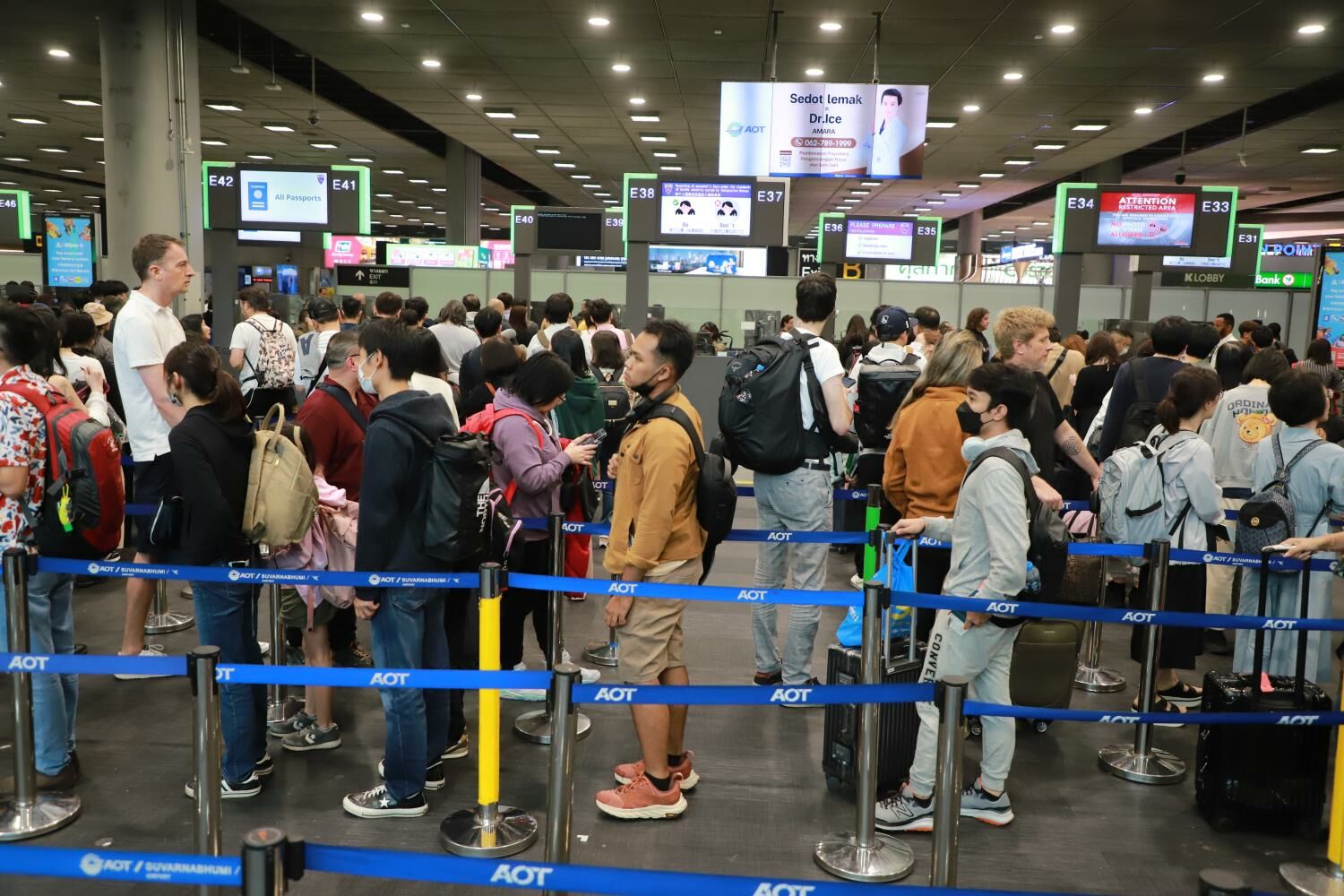Thailand’s aviation hub plans receive airline approval

The Thai government’s initiative to transform the country into an aviation and logistics hub has been met with approval from airlines. However, concerns regarding congestion at major airports and the significant investment required to accommodate increasing demand persist. Prime Minister Srettha Thavisin recently unveiled plans to capitalise on Thailand’s strategic location in Southeast Asia to attract more international airlines to expand in the country.
According to Tassapon Bijleveld, executive chairman of Asia Aviation Plc (AAV), the primary shareholder of Thai AirAsia (TAA), the country needs substantial investment to establish itself as a regional aviation hub. He noted that Bangkok’s main airports, Suvarnabhumi and Don Mueang, are nearing their maximum capacity.
Suvarnabhumi International Airport, which handles the majority of inbound flights to Bangkok, is particularly congested. Furthermore, Phuket International Airport, the second-largest hub for international air traffic, cannot expand due to geographical constraints, explained Tassapon, reported Bangkok Post.
He emphasised the need for comprehensive long-term plans to transform Thailand into an aviation hub, citing the existing infrastructure’s inadequacy to handle increasing airline fleets and passenger numbers. He also highlighted the challenge posed by Suvarnabhumi Airport’s single-passenger terminal. Despite the recent opening of a satellite terminal, it remains insufficient to manage the large volume of international flights, said Tassapon
“Becoming an aviation hub might take time and a large investment, but the government should make the plan clear and start it as soon as possible, whether it involves expanding Suvarnabhumi Airport or adding an airport in Phang Nga to absorb congestion in Phuket.”.
Tassapon also commented on the government’s policy to elevate provincial airports to international status, like Udon Thani, Khon Kaen, and Buriram. He asserted that airlines agree with this initiative. Still, the government should pledge to support long-term development and avoid project delays, as is currently happening with some airports.
Latest Thailand News
Follow The Thaiger on Google News:


























